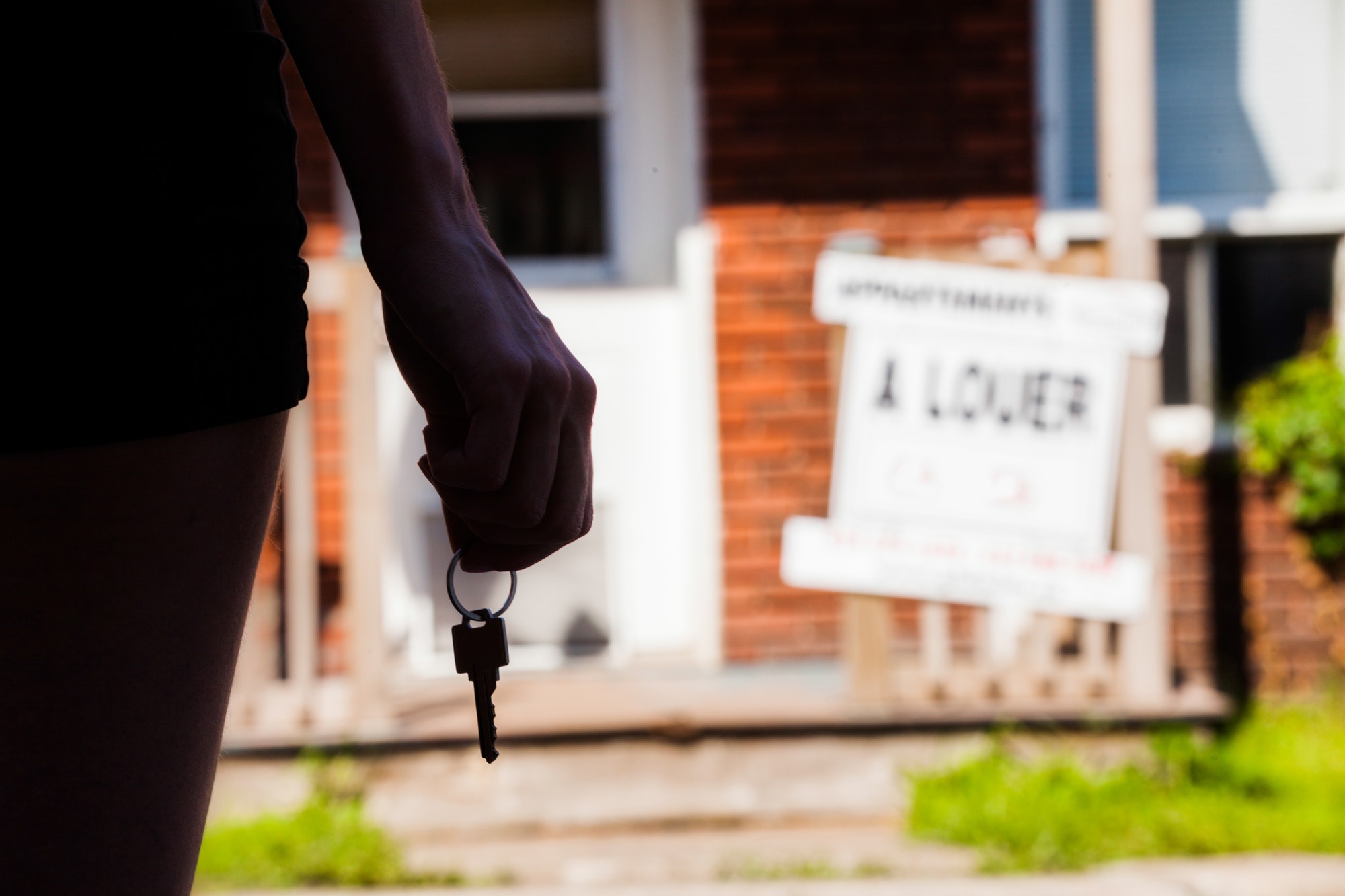Signing a lease can grant you independence—or imprison you in a bad situation.
No matter how much you’re paying, your rent is likely to be a large portion of what you spend every month. So you want to know you’re getting what you expect for your money. Part of that is making sure that you won’t find any nasty surprises—like mice or a lack of hot water—in the place you’re renting after you sign the lease.
But you have to pay close attention to the business end of things as well. That includes being aware of all the terms of your lease, and being sure you can live with them, before you sign.
CHECK YOURSELF OUT
While you should certainly look over your lease carefully, it’s also important to remember that you’re being checked out too. When you apply to rent a house or apartment, most landlords or brokers will check your credit history to make sure you’ve handled credit in the past in a way that suggests you’ll make your rent payments consistently. You should also be prepared for your landlord or broker to pass on the cost of running the credit check, which can be as much as $50.

If you think your credit history might be a source of trouble, it’s a good idea to request a free copy of your credit report beforehand at www.annualcreditreport. com. While you might not be able to erase any serious black marks on your record, you can identify and respond to any errors. Resolving them should help your chances of being approved for a lease.
If you are rejected because of credit issues, you have the legal right to know which credit bureau provided the damaging information to the landlord or broker who rejected you, and that credit bureau is required to give you a free copy of the report in question. But it’s up to you to figure out where the problems are and fix them before you apply again.
OTHER REJECTIONS
You can be rejected even if you’ve got great credit. After all, there’s always someone who might have a better or longer credit history, especially if you’re fairly young and you haven’t had a lot of experience with credit. In that case, there’s not much you can do but try again with another place and keep up your good credit habits.
FINDING A GUARANTOR
Many brokers and landlords won’t let you sign a lease alone if you’re young or if it’s your first rental, even if you have good credit and a high income. In these cases you need a guarantor, or cosigner, who agrees to pay your rent if you default.
The laws that govern guarantors vary from state to state. Some states require your guarantor to be a resident of the state where you’re renting, while others allow guarantors from out of state. If you think you might need a guarantor, contact prospective brokers or landlords to find out the details before you start looking at and applying for properties.
Knowing the requirements can mean the difference between renting the place you want and getting turned down on a technicality.
LOOK BEFORE YOU LEASE
Your lease is a legally binding agreement between you and your landlord. Once you agree to it, you’re obligated to keep to its terms, so be sure to read it thoroughly before you sign. The lease should include a few key pieces of information that ensure you’re getting exactly what you’re paying for:
- The names of all adults who will be living in the residence
- The exact property that’s being rented (If it’s an apartment, make sure the apartment number is listed.)
- The length of the lease and the dates it covers
- How much the rent is, when it has to be paid, and what the penalties are for late payment
- How much your security deposit is, and how it will be returned to you
- Which utilities are and are not included in the price of the rent
- The conditions for renewing your lease and for giving notice of your moving
If there are other rules that apply to the apartment—such as restrictions on pets, or rules about the use of facilities in the building—make sure that they’re in the lease as well. And if the broker or landlord adds any handwritten terms to a standardized lease, make sure they’re written in pen, initialed, and dated by him or her and by you and any other tenants.
RENTAL AGREEMENTS
Make sure you know whether you’re signing a lease or a rental agreement. They may sound like pretty much the same thing, and they do have similarities. But there are also some crucial differences you should be aware of.
The biggest one is how long they last. While most leases are for a year or two, rental agreements cover a much shorter period, usually 30 days. They’re automatically renewed at the end of this period, unless either you or your landlord gives 30 days written notice.
Each of these has its own benefits and drawbacks, and the one that’s best for you depends on your needs. If you know you will move within the year, a rental agreement might be a better idea. But in many cases your landlord can raise your rent on fairly short notice. Leases allow you to lock in your rent for at least a year, but if you move out before that year is up, you may well end up having to pay through the end of the lease.




